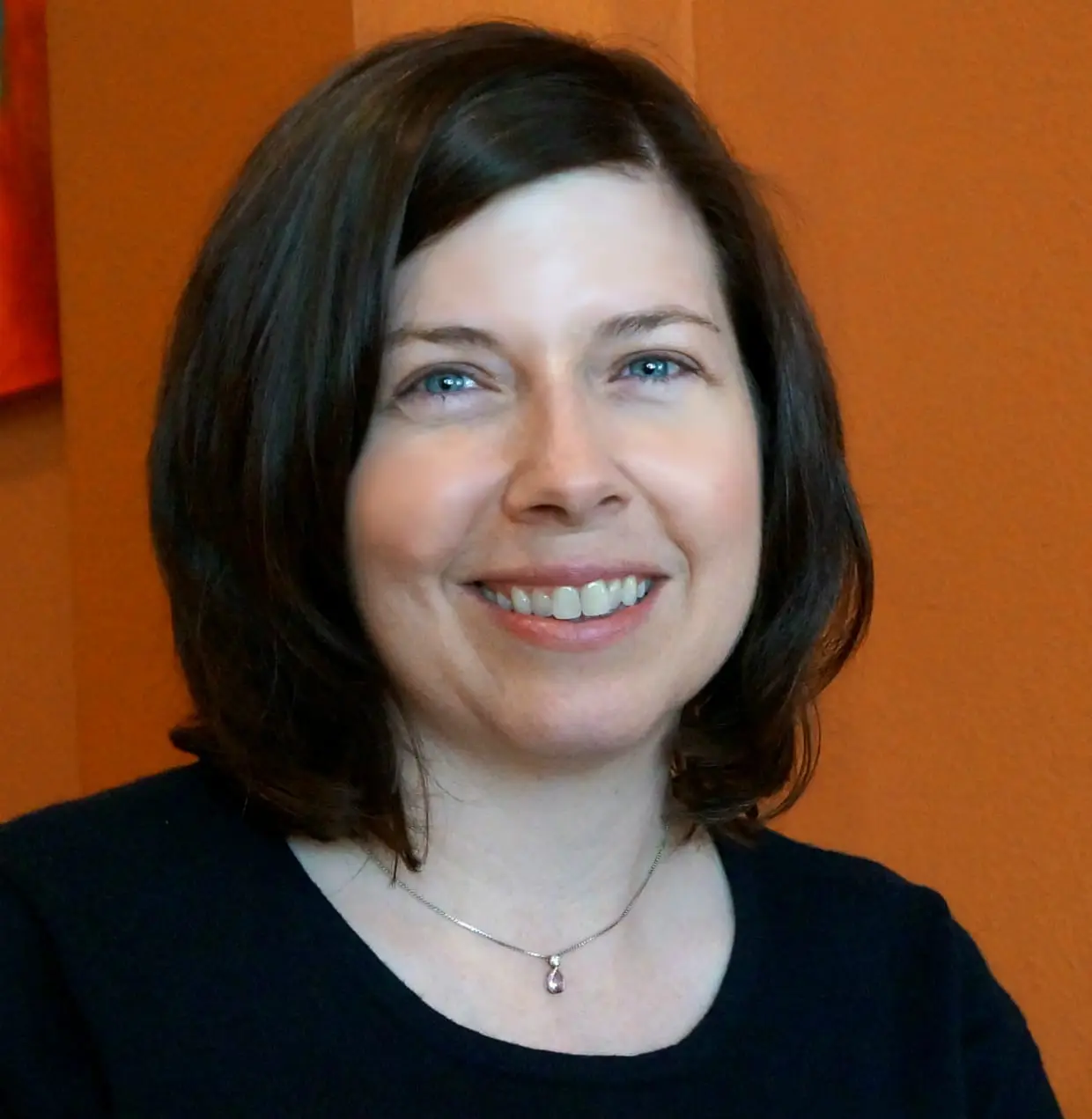
A model home is designed to inspire and entice you to learn more about a certain builder and community. That’s where the community’s sales staff come in. They are trained to know how their particular community fits in the local housing market, what is trending and what people are buying and why. But their main priority is to help you determine what kind of home is best for you.
“I consider myself more of a counselor than a salesperson in the home purchase process,” says Emilio DeLuna, sales associate for Centex at its Woodland Hills community in Austin, Texas. “I don’t ask ‘do you want to buy?’ ”
Discovery
Whether you are just starting on your home-buying journey or if you are already considering building a home for the first time, the process of figuring out what you are looking for in a home is the same. That is what DeLuna calls “the discovery process.”
“It’s a conversation with clients on what their wants and needs are,” he says.
You may already have a detailed wish list of things you want in a home, but if you haven’t really thought about it, this is a good opportunity to do so, and a good salesperson can help you figure out those wants and needs: what style or size home works best, are you downsizing or need to expand, do you need a big yard for pets or children and so on.
Once your salesperson has a good idea of what you are looking for, then he or she can point out plans and features that could be a good fit. Then comes touring the model, where you and your salesperson can continue to nail down your ideal home.
“When we look at the model, I try to read their expressions and see how they react to certain features,” DeLuna says.
Education
Helping clients figure out the best home for them is just one part of what a good salesperson can do. They can also help educate you about the home-buying process, which can be intimidating and scary, especially for first-time buyers. “The education process is nonstop from the moment a client walks in the door until I give them the keys to their new home,” DeLuna says.
The primary concerns for the majority of clients are affordability and qualifying for a loan, he adds. Sales staff generally cannot talk about interest rates or qualifying, other than to describe the loan process and any terminology you may not understand. What they can do is put you in touch with a lender or financing advisor (usually with the builder’s mortgage partner or division) to get the loan qualification ball rolling.
Guidance
If, after viewing the model and determining that a particular plan is the right one, you next would need to decide on a lot. The discovery process comes into play again as the salesperson can help you determine if there’s a particular direction you want your home and lot to face, which lot size is important, affordability of lot premiums, etc. It’s important to tour the community and look at available lots to how your future home would be situated.
From there, your salesperson can guide you through the contract phase, which can be overwhelming when you are faced with signing all of those papers. “I explain the contract in detail,” DeLuna says. “We go through it page by page and it normally takes about one to 1 1/2 hours depending on the client.”
Your salesperson should also answer any questions you have about making such an important decision. “It’s a huge process. I encourage my clients to talk through any nerves they have or talk with their Realtor if they have one,” DeLuna says.
Then comes the building process itself, which typically takes about six months. As your point of contact, the salesperson can provide regular updates and answer your questions or concerns. “I like to pamper my clients,” DeLuna says. “They know they can always call me.”

Judy Marchman is an Austin, Texas-based freelance writer and editor who, during her 20+-year career, has written on a diverse number of topics, from horses to lawyers to home building and design, including for NewHomeSource.com. Judy is the proud owner of a new construction home and has gained plenty of story inspiration from her home ownership experiences.
A horse racing aficionado, she also has written on lifestyle, personality, and business topics for Keeneland magazine and Kentucky Monthly, as well as sports features for BloodHorse, a weekly Thoroughbred racing publication, and the Official Kentucky Derby Souvenir Magazine. When she’s not in front of her laptop, Judy can usually be found enjoying a good book and a cup of tea, or baking something to go with said cuppa.
 The Latest Design Trend You’ll Be Seeing in Every Home: Wabi-Sabi
The Latest Design Trend You’ll Be Seeing in Every Home: Wabi-Sabi